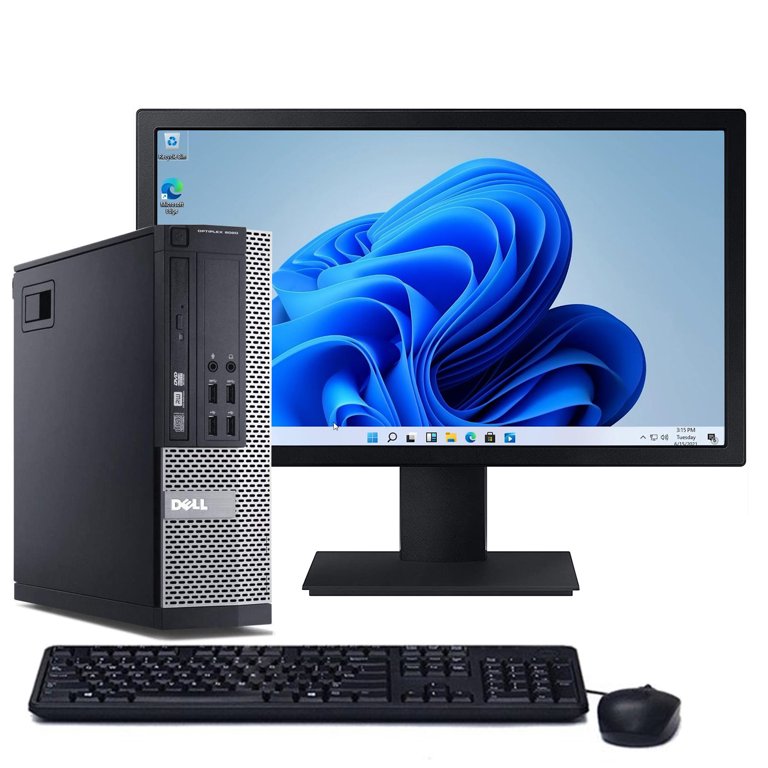
Get ready for Windows 11
28 January 2022
Desktop Buyer’s Guide for 2022
16 February 2022Top tips for securing your network from ransomware
It is truly alarming how everyone—individuals, small businesses, right up to global corporations—is now a target for ransomware attacks. A successful attack can be terribly costly, and not just financially. Brand reputations—and professional reputations—can be damaged beyond repair.But there is a lot you can do to reduce the risk for your customers.
Here are the top 10 tips toprotect your customers from ransomware attacks:
Know your environment
- To protect your environment, you must know every detail of your IT environment. This includes hardware, software, SaaS applications, and remote devices, whether they are pre-existing or new ones that recently joined the network.
Secure all Internet threat vectors
- Modern, advanced attacks exploit multiple attack vectors, including user behavior, applications, and systems. The six main attack vectors are email, web applications, remote users, on-site users, the network perimeter, and remote access. A comprehensive security posture should extend across all these vectors.
Secure devices with next-gen antivirus
- Antivirus is an essential defense against ransomware. A next-gen antivirus solution with a multilayered protection approach that includes web, file, and remote access analyzes along with behavioral analysis of suspicious files in a cyber-sandbox is required to prevent ranswomare.
Educate your end users
- User behavior can be your single greatest vulnerability. Good security is a combination of enforcement, monitoring, and user education—especially against threats like phishing, spear phishing, typo-squatting, and social engineering.
Don’t forget their remote workforce
- The mobile revolution drives productivity, collaboration, and innovation, but it also means much of your workforce is outside the network perimeter—often connecting via personal devices. This creates a huge potential gap in your customers' security if not properly protected.




